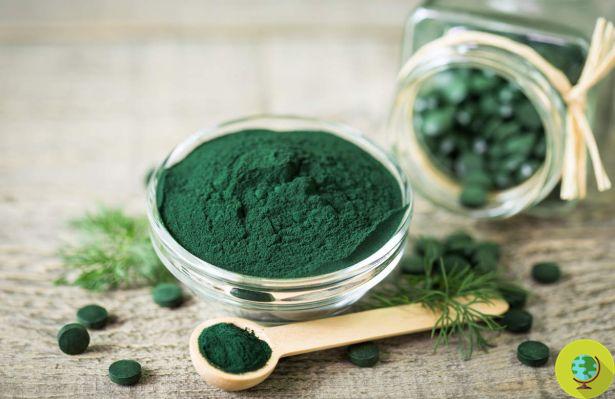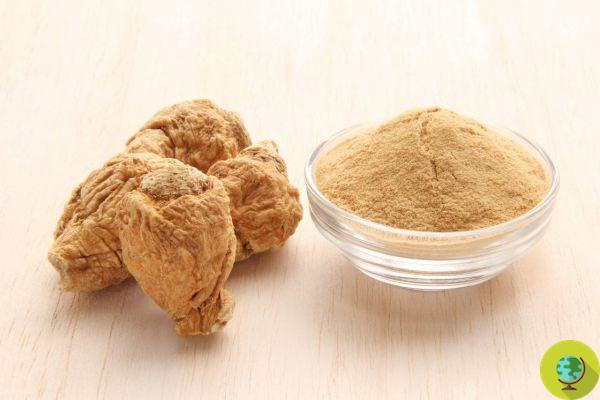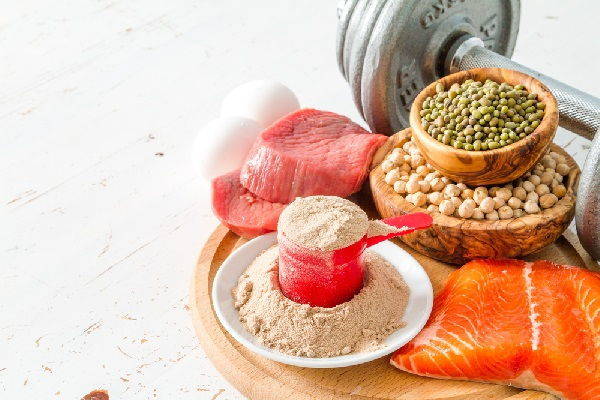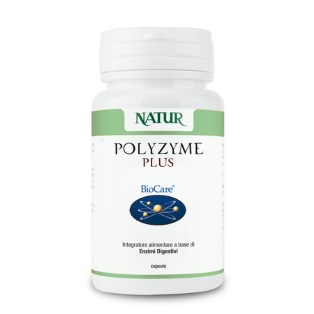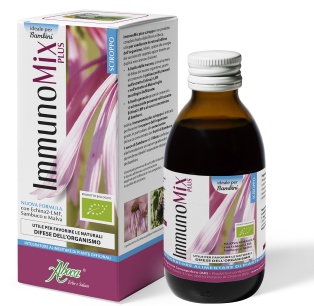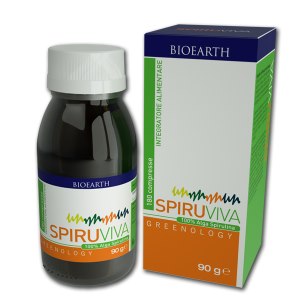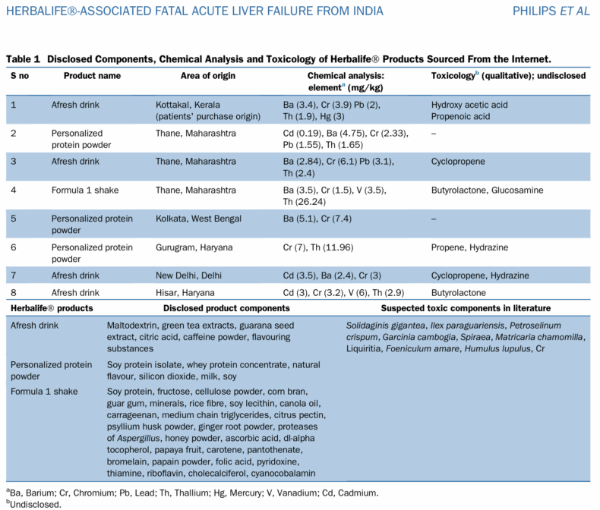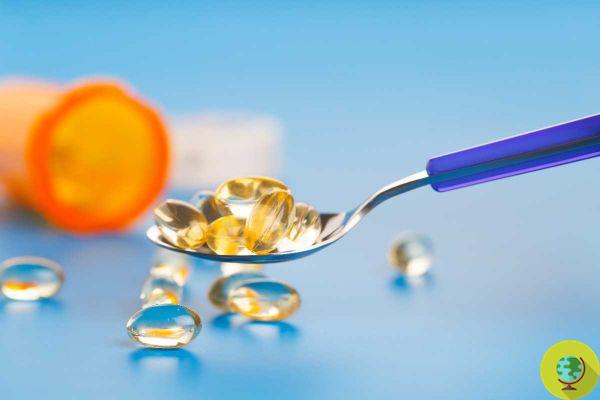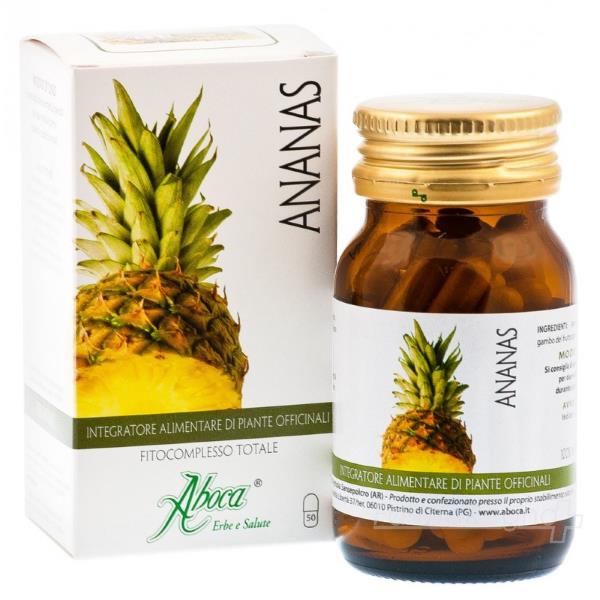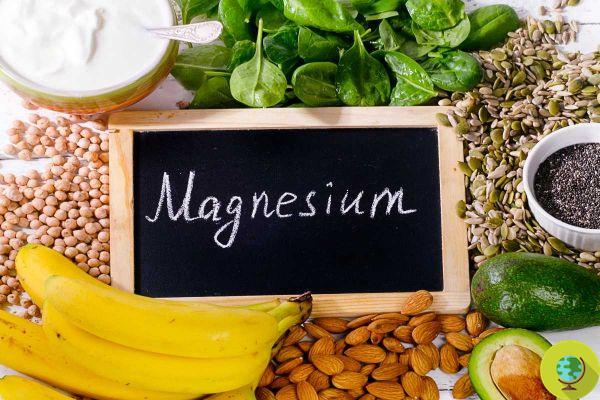
Chlorella and spirulina are two types of algae that are very similar to each other. Let's find out the differences of these supplements rich in proteins, minerals and essential fatty acids, and which is the best for our supplement.
Both rich in noble proteins, chlorella and spirulina are two types of algae that are increasingly popular among people plant-based supplements.
Both have been shown to have impressive nutritional profiles and potential health benefits as, for example, they help reduce heart disease risk factors and improve blood sugar management.
Differences between chlorella and spirulina
Chlorella and spirulina are the algae supplements most popular on the market. While they both boast a good nutritional profile and similar health benefits, they also have important differences.
Chlorella is higher in fat and calories
Chlorella and spirulina provide various nutrients. Although their compositions of proteins, carbohydrates and fats are very similar, theirs nutritional differences most notable are the caloric, vitamin and mineral content.
Chlorella contains a greater amount of:
- Calories
- omega-3 fatty acids
- provitamin A
- riboflavin
- magnesium
- iron
- zinc
La spirulina is low calorie, but still contains a high amount of:
- riboflavin
- Thiamin
- iron
- copper
(Read also: Spirulina: is it really needed to lose weight? What science says)
Chlorella contains higher levels of omega-3 fatty acids
Chlorella and spirulina are plant sources of omega-3 and omega-6 fatty acids. Although they contain similar amounts of fat, they differ in type. According to the research, both algae are particularly rich in polyunsaturated fats, especially omega-3 fatty acids.
- omega-3 and omega-6 fatty acids they are essential polyunsaturated, important for proper cell growth and brain function. They are considered essential, because the body is unable to produce them; therefore, we must integrate them through nutrition.
Polyunsaturated fat intake has been shown to be associated with a lower risk of heart disease. Omega-3 fatty acids, in particular, have been shown to have numerous health benefits, helping to reduce inflammation, improve bone health, and decrease the risk of heart disease and some cancers.
However, you should consume very large amounts of these algae to meet your daily omega-3 requirement. (Read also: Omega 3: what is the difference with omega 6?)
They are rich in antioxidants
In addition to their high levels of polyunsaturated fats, both chlorella and spirulina are very rich in antioxidants. These are compounds that interact with and neutralize free radicals to prevent damage to cells and tissues.
In one study, 52 people who smoked cigarettes took 6,3 grams of chlorella or a placebo for 6 weeks. Participants who received the supplement experienced a 44% increase in blood levels of vitamin C, and a 16% increase in vitamin E levels.
Both of these vitamins have antioxidant properties. Additionally, those who received a chlorella supplement also showed a significant decrease in DNA damage. (Read also: Antioxidants: Do you really know what they are, what foods to find them in and the best ones you should be taking every day?)
Spirulina is richer in noble proteins
The Aztecs used algae, such as spirulina and chlorella, as food; even, due to their high protein content, even NASA has used spirulina as a food supplement for its astronauts during space missions.
The protein present in both spirulina and chlorella contains all essential amino acids, and the body absorbs them easily. Although chlorella and spirulina both contain high amounts of protein, studies indicate that some spirulina strains may contain up to 10% more protein than chlorella.
They can help control blood sugar
Numerous studies have shown that both chlorella and spirulina can aid in blood sugar management. It is not known exactly how it works, but several studies have indicated that spirulina may help increase blood insulin sensitivity.
Insulin sensitivity is a measure of how well cells respond to the hormone insulin, which carries glucose (blood sugar) out of the blood and into the cells, where it can be used for energy. These effects can be especially beneficial for people with diabetes or insulin resistance.
They can improve heart health
Studies have shown that chlorella and spirulina can improve heart health, affecting the composition of blood lipids and blood pressure levels.
In a 4-week study, 63 participants who were given 5 grams of chlorella per day showed a 10% reduction in total triglycerides, compared to a placebo group. Additionally, those participants also reported an 11% reduction in LDL (bad) cholesterol and a 4% increase in HDL (good) cholesterol.
In another study, people with high blood pressure who took chlorella supplements every day for 12 weeks had significantly lower blood pressure readings, compared to the placebo group.
Similar to chlorella, spirulina can also benefit blood pressure and can keep cholesterol in check.
A 3-month study of 52 people with high cholesterol found that taking 1 gram of spirulina per day lowered triglycerides by about 16% and LDL (bad) cholesterol by about 10%.
In another study, 36 participants with high blood pressure experienced a 6-8% reduction in their blood pressure levels after taking 4,5 grams of spirulina per day for 6 weeks.
Which is healthier?
Both algae contain high amounts of nutrients, however, chlorella is richer in omega-3 fatty acids, vitamin A, riboflavin, iron, magnesium and zinc.
Although spirulina may be slightly richer in protein, some studies suggest that the protein content of chlorella is comparable.
The high levels of polyunsaturated fats, antioxidants, and other vitamins found in chlorella give it a slight nutritional advantage compared to spirulina. However, both algae offer truly unique benefits for our health.
As with all supplements, it is best to speak to your doctor before taking them, especially in high doses. The reason? Because they can interact with some medications, such as blood thinners. As natural as they are, they could still cause side effects, especially if you have previous pathologies. (Read also: Spirulina, do you also know the risks? DO NOT take it if you fall into these 7 cases)
So in conclusion, chlorella and spirulina are forms of highly nutritious and safe algae for most people. These are two beneficial health supplements, and there is no one better than the other, it always depends on the purpose with which they are used: in the case of high cholesterol, for example, chlorella could be more effective in improving the composition. lipid. In addition, chlorella has greater chelating properties, i.e. detoxification of the body from heavy metals. On the other hand, spirulina could be more suitable for those who follow a plant-based diet as it contains greater amounts of protein, vitamin B12 and iron.
Follow us on Telegram | Instagram | Facebook | TikTok | Youtube
On algae and spirulina you might be interested in:
- Algae: the different types, properties and how to use them
- Spirulina algae: benefits and what happens to the body every day we take it
- 10 natural and effective supplements
- Spirulina and seaweed supplements: contain too many heavy metals
- Spirulina: what is it for? The 10 best benefits of an exceptionally iron-rich seaweed
- Spirulina, better powder or tablet supplement? All the differences
- The first vegan "smoked salmon" based on spirulina algae arrives
- Spirulina: the side effects and contraindications you should know before using it
- Spirulina, because the Aztecs considered it the nectar of the gods (and main ingredient of their cheese)






